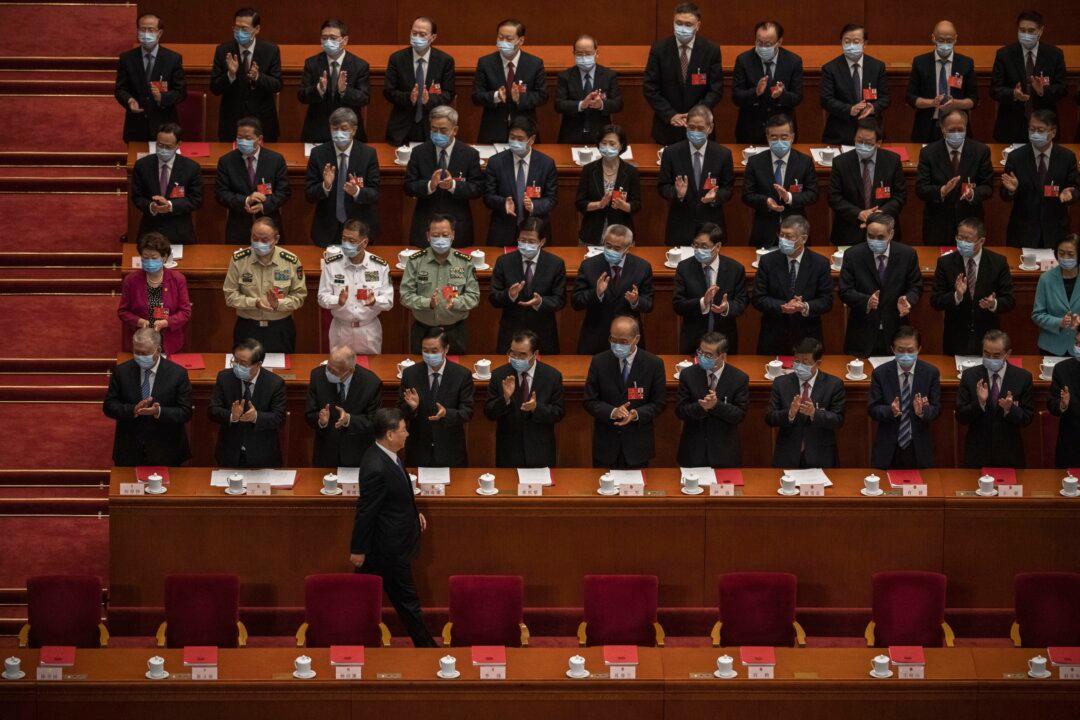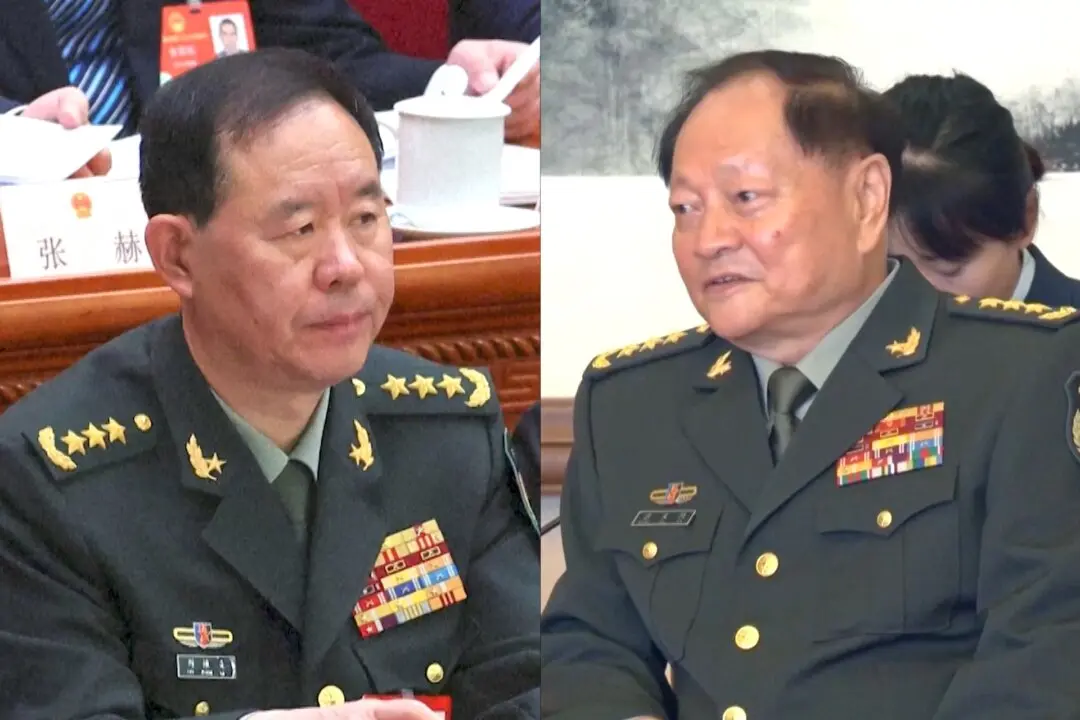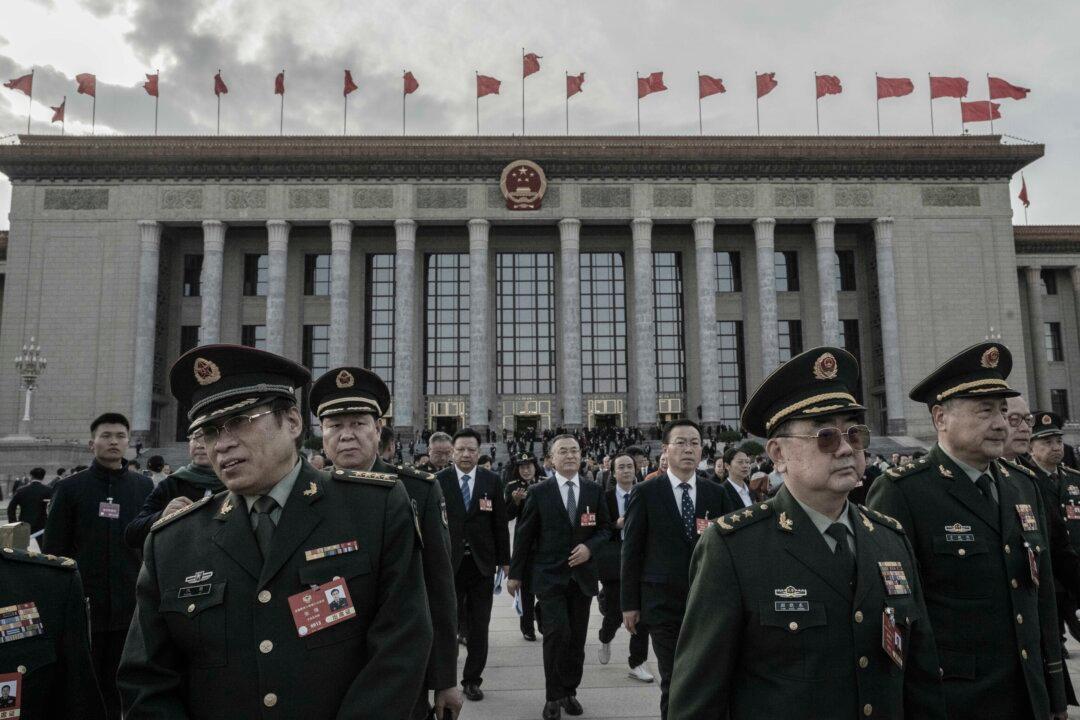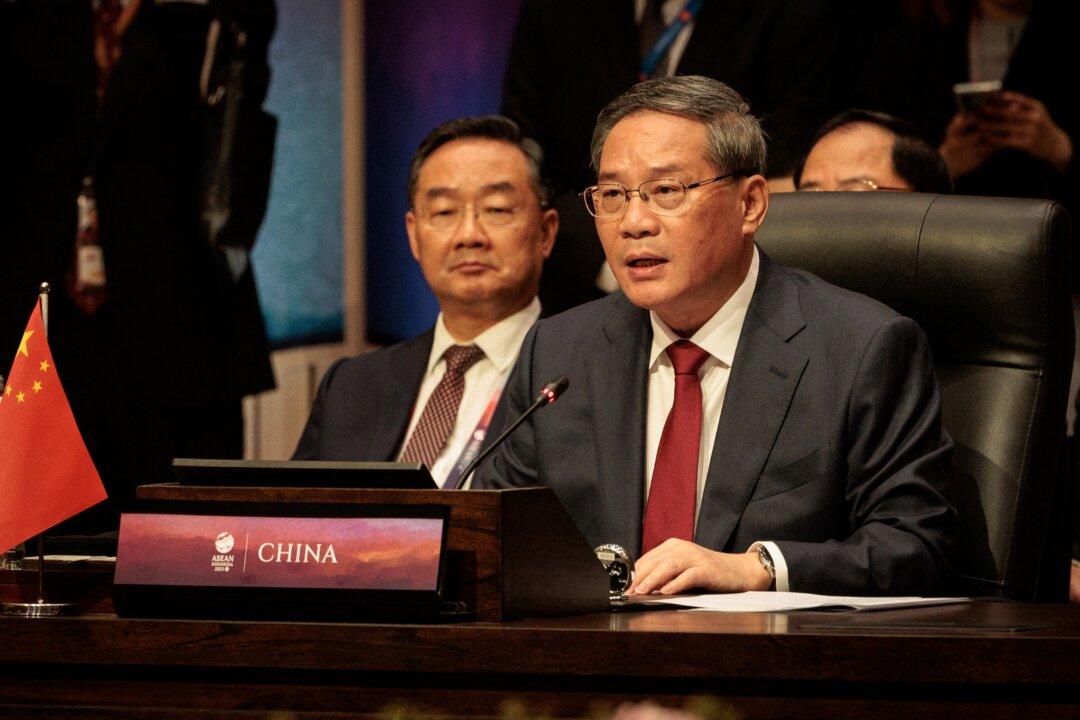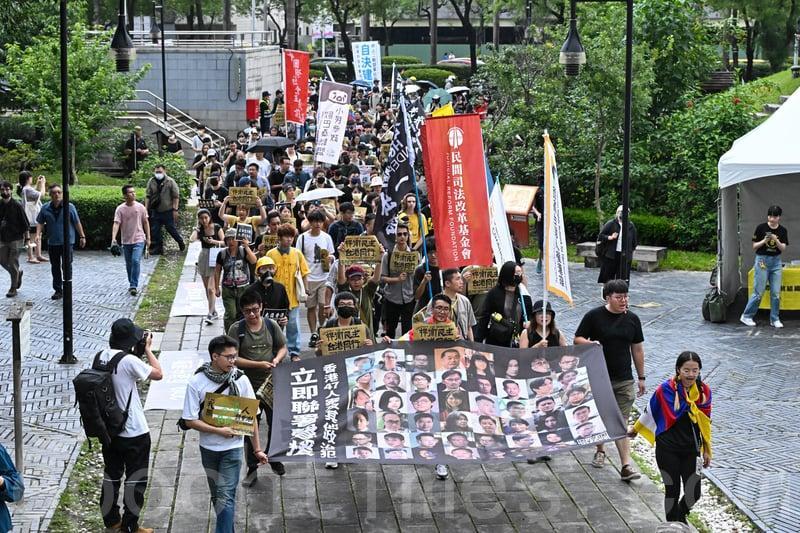Commentary
On Jan. 7, the Chinese Communist Party (CCP)’s top decision-making body, the Politburo Standing Committee, held its first meeting of the year. State media did not disclose much detail about the meeting. However, in the Xinhua media report on the meeting, statements that appeared repeatedly are: “firmly safeguard the party central for its authority and centralized and unified leadership”; and “strongly safeguard Xi Jinping as … the core of the Party Central Committee and the core position in the entire Party.” It seems that this is the focus of this meeting. It also reveals the hidden worries about political infighting among the Party elite.
